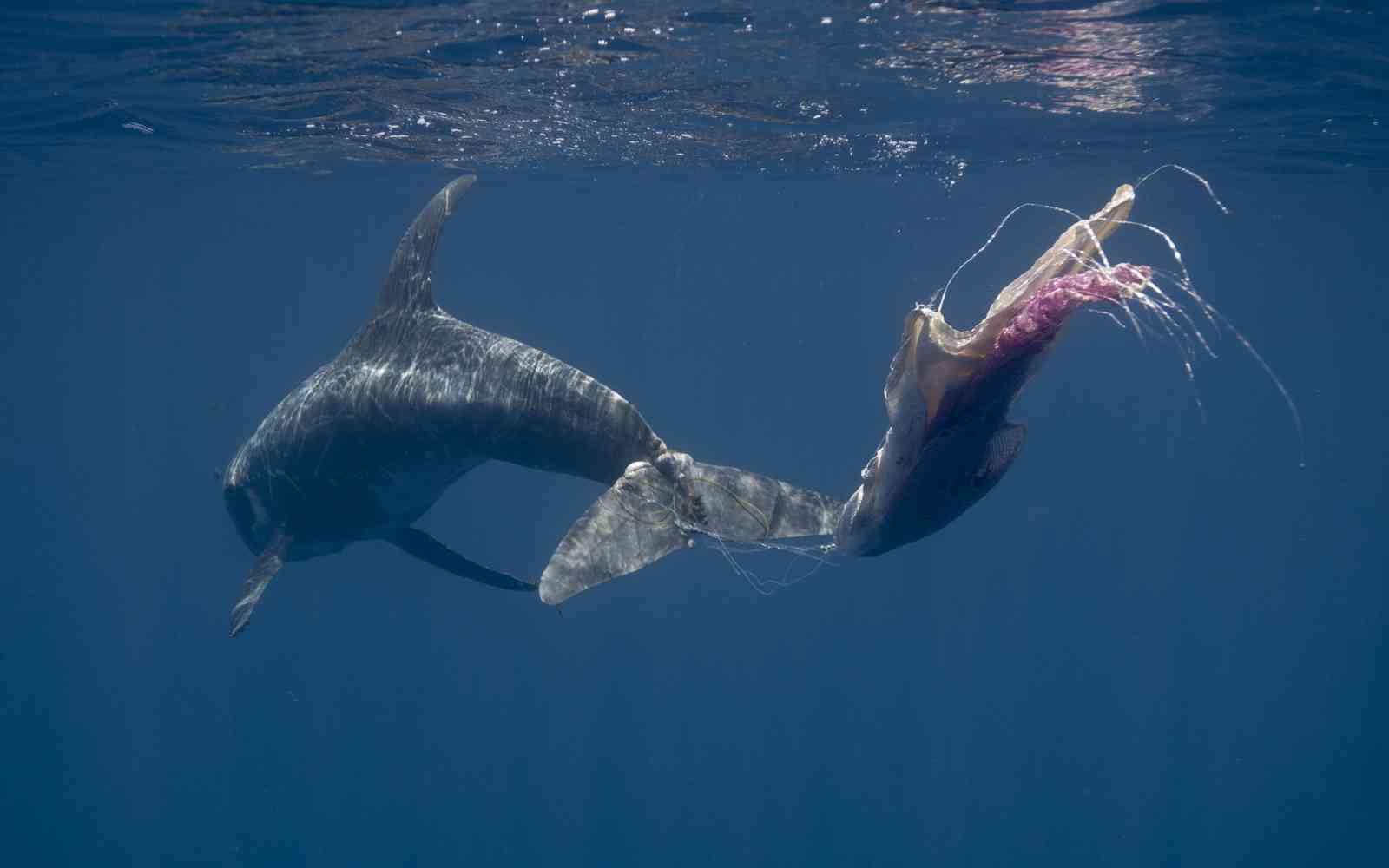The United Nations Office for Project Services (UNOPS)
Towards a future free from plastic pollution
A new agreement with the Association of Southeast Asian Nations (ASEAN) will see the joint implementation of the World Bank’s $20 million project to fight marine plastic pollution.
The five-year project – Southeast Asia Regional Program on Combating Marine Plastics (SEA‑MaP) – aims to reduce plastic consumption, increase recycling, and minimize leakages to prevent land- and sea-based marine plastic pollution. Working across Southeast Asia and the Pacific, the project will provide support to develop and harmonize regional policies as well as create regional platforms for innovation, investments, knowledge and partnerships.
The scale and magnitude of the challenge posed by the marine debris issue is indeed nearly impossible for any of us to tackle alone.
“Without a doubt, the SEA-MaP will serve as a remarkable beginning for our joint venture in tackling this major challenge together,” added Ekkaphab Phanthavong.
With support from the World Bank and UNOPS, ASEAN will advance cooperation at both the regional and country levels to strengthen policies and regulatory frameworks governing the production and use of plastics in Southeast Asia.
“Marine plastics pollution knows no borders, therefore, new partnerships and ambitious ideas are key to taking urgent action. The relationship formalized today offers a path towards significant regional solutions,” said Samina Kadwani, Director of UNOPS Multi-Country Office in Thailand.
SEA-MaP will be implemented through the ASEAN Secretariat with support from UNOPS, in close collaboration with ASEAN Member States and partners. It will be aligned with the Bangkok Declaration on Combating Marine Debris in ASEAN Region (2019) and the ASEAN Regional Action Plan for Combating Marine Debris (2021).












